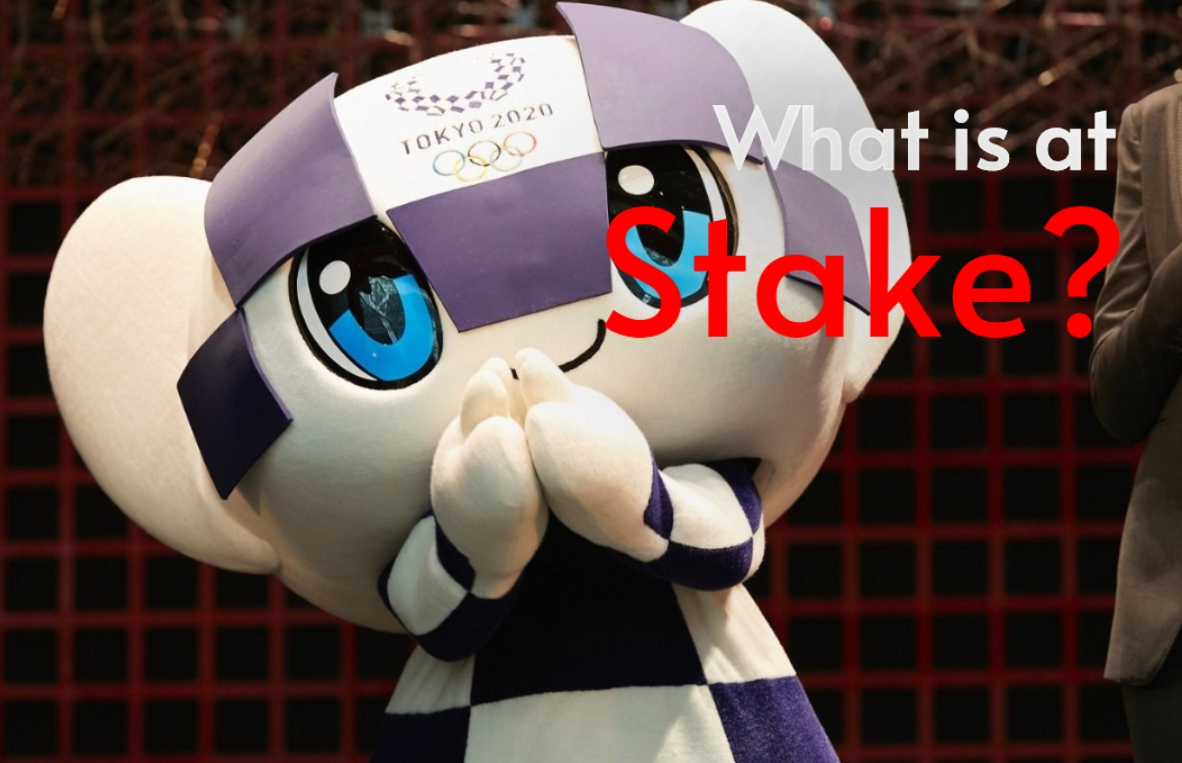Tokyo 2020: What is the cost of Olympics cancellation?
Pre-coronavirus estimates suggested that the games could cost between USD 25-30 billion but even these numbers are expected to change if Tokyo manages to fend off the coronavirus risk and host the Olympics.

- Country:
- Japan
With more than 1,000 confirmed cases, the coronavirus crisis is getting deeper in Japan and is shrinking the 2020 Olympic dream as the outbreak grows. While the cancellation of the Tokyo 2020 Olympics would be tragic for the athletes who have put in months and often years of preparation for the games, a lot of money already invested by stakeholders is also at stake.
Hosting Olympics is expensive, every game in the last 50 years has gone over the budget, sometimes more than 250 percent over the budget as in the case of 2014 Sochi winter games which cost a whopping USD 51 billion. The official budget for the Tokyo Olympics is set as USD 12.6 billion but, unsurprisingly, is expected to go over the budget. Pre-coronavirus estimates suggested that the games could cost between USD 25-30 billion but even these numbers are expected to change if Tokyo manages to fend off the coronavirus risk and host the Olympics.
There’s also a chance that the games are moved from Tokyo or postponed but they must take place “within 2020”. In a response to a question in Japan's parliament, Olympic minister Seiko Hashimoto recently said that Tokyo's contract with the International Olympic Committee (IOC) "calls for the Games to be held within 2020" which "could be interpreted as allowing a postponement".
Why are the Olympics important for Tokyo?
Japan is committed to hosting the Olympics and has maintained that coronavirus doesn’t pose a threat to the games ever since the outbreak started. Hosting the Olympics is already an enormous, high-risk megaproject and coronavirus has multiplied the risk but Tokyo is still committed to hosting it, but why?
The straightforward answers to this would be the potential to boost tourism and the keenness of citizens of the host country, but there are often other strategic interests behind the hosting bids. Some countries host the Olympics to show-off their improved economic and organizational set-up while some countries want to develop their cities at a pace not achievable with normal budgets and regulations.
The case for Tokyo is, however, a little different and dates back to 1964. Japan hosted the Olympics that year and then Prime Minister Nobusuke Kishi, who was current PM Shinzo Abe’s grandfather, used the opportunity to showcase the “new” Japan to the world. The country had risen from a wartime defeat and was betting big on the innovative mojo that brought Japan in the limelight in the 1970s.
Abe is betting on a 1964-like miracle to happen again as he tries to revive the nation’s economy and to make the country more competitive to take on neighboring fast-growing countries like China.
What’s at stake?
Short answer, a lot of money invested by a wide array of stakeholders.
From insurance companies to corporates to the Japanese government and the International Olympic Committee, all the stakeholders have already invested a lot to make Tokyo Olympics 2020 happen but there’s a chance that it might not go as planned.
Pre-coronavirus estimates had pegged the cost of Olympics between USD 25 billion to USD 30 billion, and corporate support to the games has also reportedly broken records with each of the games’ 15 “Gold” sponsors, including Canon, Mizuho, and Nomura, paying USD 100 million for that status.
The Tokyo Olympics 2020 have generated record domestic sponsorship revenues of more than USD 3 billion.
That does not include partnerships with Japanese companies Toyota, Bridgestone and Panasonic, and others such as South Korea’s Samsung, who through a TOP sponsors program, have separate deals with the IOC worth hundreds of millions of dollars.
Insurance companies could also end up billions of dollars to settle various types of coverages. There’s cancellation insurance, 'communicable disease coverage' for the whole event. And local organizers, Olympics sponsors, merchandisers, hoteliers, car hire companies and travel firms also typically buy insurance.
Though insurance may not cover the full costs, the settlements could run up to USD 2-2.5 billion.
IOC has contributed more than USD 800 million and the rest of the budget is mostly split between local and national governments which would mean the Japanese government might take a big but manageable hit.
(Disclaimer: The opinions expressed are the personal views of the author. The facts and opinions appearing in the article do not reflect the views of Devdiscourse and Devdiscourse does not claim any responsibility for the same.)










